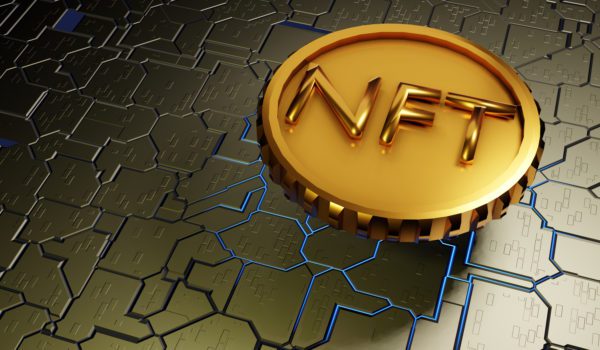On June 1, 2022, the Department of Justice (DOJ) announced the indictment of a former product manager of a digital asset trading platform for wire fraud and money laundering in connection with a scheme to use his employer’s confidential information to purchase and sell non-fungible tokens (NFTs) for personal gain.[1] The indictment represents the first time charges of “insider trading” have been alleged for trading digital assets.[2]
In his role at OpenSea, an online marketplace used for purchasing and selling NFTs, Nathaniel Chastain was responsible for selecting which NFTs would be featured on the company’s homepage. Given the rise in popularity of NFTs, OpenSea kept the identity of its featured NFTs confidential until they appeared on the company’s homepage. Once an NFT was posted to OpenSea’s front page, the price that buyers were willing to pay for that NFT, and for other NFTs made by the same or similar creators, typically increased substantially.
The indictment alleges that from at least June 2021 to September 2021, Chastain used his advance knowledge of which NFTs were going to be featured on OpenSea’s homepage to secretly pre-purchase dozens of NFTs before they were featured on the homepage.[3] Chastain often sold his pre-purchased NFTs at profits of between two to five times his initial purchase price. Moreover, in an effort to conceal the fraud, Chastain purchased and sold his NFTs using anonymous digital currency wallets and anonymous accounts on OpenSea. [4] The DOJ’s records show Chastain purchasing approximately 45 NFTs on 11 separate occasions over three months.[5]
Implications
Damon Williams, the U.S. attorney for the Southern District of New York, stated that the “charges demonstrate the commitment of this office to stamping out insider trading — whether it occurs on the stock market or the blockchain.”[6]
On their face, the allegations in the indictment seem to involve a case of relatively straightforward financial fraud based on the defendant’s transaction records. However, “insider trading” has historically been defined as using material non-public information to trade in securities for personal benefit in violation of a fiduciary or contractual duty owed to an employer or other party.[7] Rule 10b5-2 under Section 10(b) of the Securities Exchange Act of 1934 sets forth a non-exclusive definition of when an individual has a duty of trust or confidence for purposes of the misappropriation theory of insider trading. Such a duty is created when any one of the following occurs:
- An individual agrees to keep corporate information confidential;
- There is a history, pattern or practice that creates a reasonable expectation of confidence; or
- An individual receives material nonpublic information from his or her spouse, parent, child, or sibling.[8]
It is noteworthy that the indictment imports the misappropriation theory from federal securities laws as the rationale for criminal charges against Chastain without addressing whether or not the traded NFTs were “securities,” or whether federal securities laws might apply. The indictment sidesteps that issue, relying instead on the wire fraud statute, which authorizes the DOJ to prosecute any schemes carried out by means of telephonic, electronic, or digital communications that deprive another of money or property through false or fraudulent pretenses, representations, or promises.
The indictment illustrates the DOJ’s increasing scrutiny of conduct in the digital asset marketplaces, including a willingness to expand theories of fraud from other statutory schemes to a new industry. Stakeholders in the digital asset space should not assume that the unsettled issue of when a digital asset is a security will deter authorities from using the entire securities enforcement toolbox to police the digital asset marketplaces.
For more information, please contact any member of Frost Brown Todd’s Blockchain Team.
[1] U.S., v. Chastian, 22-cr-305, Indictment (S.D. New York. June 1, 2022) (“Indictment”). NFTs are non-fungible, cryptographic tokens, assets, or other similar assets recorded on a blockchain. NFTs possess unique identifiers or other metadata that distinguishes the asset from other tokens or assets in a manner that makes such asset irreplaceable and identifiable.
[2] DOJ Press Release No. 22-180, “Former Employee Of NFT Marketplace Charged In First Ever Digital Asset Insider Trading Scheme” (June 1, 2022).
[3 Indictment at 2.
[4] Id.
[5] Indictment at 6.
[6] DOJ Press Release.
[7] See United States v. O’Hagan, 521 U.S. 642 (1997)
[8] 17 C.F.R. § 240.10b5-2.

